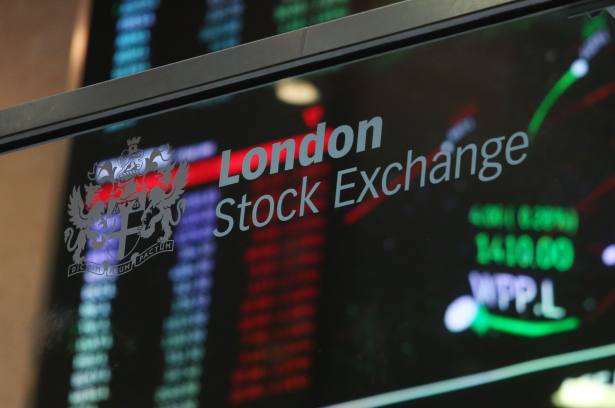
In spite of the uncertainty of the impending Brexit negotiations, UK equities have performed relatively well at the start of 2017, with the FTSE 100 index reaching a new high of more than 7,400 in March.
The question is whether this strong run will continue, given the imminent general election in June.
James Illsley, manager of the JPM UK Equity Core fund, suggests that despite the performance UK equity valuations “do not look stretched”.
“The cyclically adjusted price-to-earnings ratio for [the FTSE All-Share index] is still almost 20 per cent below its long-term average,” he says.
“Valuations also look attractive relative to bonds, with the UK equity market offering a 4 per cent yield – little changed from 1990 when gilts were yielding 10-12 per cent.
“As economic growth picks up, so too has inflation expectations – and equities remain the best way to protect against inflation.”
Mr Illsley adds: “From an asset-allocation perspective, investors appear to continue to favour underweight UK equities, so there seems to be more upside opportunity to current positioning than downside risk.”
However, Simon Murphy, manager of the Old Mutual UK Equity fund, highlights his surprise at the strength of the UK market in recent months, helped by the better-than-expected economic data and weaker sterling.
“Until very recently [there has been] a big move into cyclical stocks and the reflation trade, and financials and economically sensitive companies have generally done pretty well,” Mr Murphy points out.
“I’ve been a bit cautious of that. My fund is defensively positioned because I’m not convinced this strength is going to last.”
He says that in the past couple of months “it has felt much more like the defensive areas of the market have come back into favour”, with tobacco and pharmaceuticals among the stronger performers, while financials and banks have struggled.
“It seems like markets are getting a bit more defensive and cautious having had a burst of enthusiasm at the back end of last year. I think we have more of that to come because the economic data will probably get a bit weaker [and] consumer income will come under pressure, given the inflation in the UK,” Mr Murphy warns.
“Meanwhile, I think companies are going to be a bit cautious about making big investment decisions given the uncertainty around the Brexit negotiations.
“I’d be pretty cautious about the outlook for the UK equity market for the balance of the year, and as a consequence it is right to be focused on the more defensive areas of the market.”
However, Ian Forrest, investment research analyst at The Share Centre, says UK equities have enjoyed a resurgence in the past year as investors have responded to improved prospects for the global economy, poor returns in other asset classes and little sign of the sharp domestic slowdown expected by some.
“Economic growth, relatively high employment levels, low interest rates and exports boosted by the weak pound should all support equities going forward, but growth could be hampered by the uncertainty surrounding the Brexit negotiations,” Mr Forrest adds.






